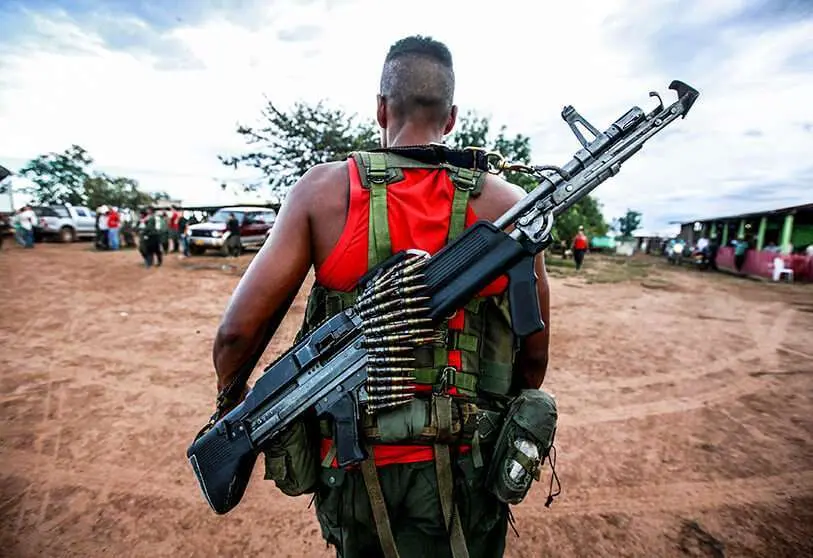Criminal violence in Colombia on the rise

The United Nations has strongly rejected the violence in the streets and areas controlled by armed groups. This social pressure has been exerted against social leaders, indigenous people and ex-combatants in recent days. The UN reiterates that the presence of the State throughout the national territory must be a priority for the Colombian government, given the events that have taken place in the department of Cauca. The UN Secretary General, António Guterres, reiterated "once again, all State entities to mobilise decisively to improve prevention, protection and response".
The report presented by the organ of the General Secretariat informed that, from 28 December 2020 to March 2021, 14 former FARC combatants were killed, and the UN Verification Mission has confirmed that, since the signing of the Peace Agreement in Colombia, 262 former combatants have been killed. The Special Representative of the Secretary-General for Colombia made it clear that there is still tension between former FARC combatants and state officials, "I had the opportunity to talk to representatives of victims of crimes committed by both the former FARC-EP and State agents. Certainly, these conversations are an important reminder that, regardless of the source of the pain, guaranteeing truth, justice, reparation and non-repetition is the best way to repair the damage and to prevent more victims in Colombia", said Carlos Ruiz Massieu.

The department of Cauca, where most of the cases and an increase in the violation of the inhabitants' human rights have been reported, is the focus of the UN's concern. Forced displacements, attacks against ethnic communities and their authorities are the episodes to which the inhabitants of this area have been subjected. "It it is essential that all actors involved in the conflict give concrete signs of their commitment so that the expectations of the victims can be met and to consolidate the foundations for closing the wounds left by conflict," said Ruiz Massieu.

The murder of Sandra Liliana Peña, who was an indigenous governor who fought against coca crops on her land, for the environment, and for the peace agreement, was one of the major cases presented by the Verification Mission; on 24 April the Inter-American Commission for Human Rights condemned the murder, "the @IACHR condemns the murder of Sandra Liliana Peña, governor of the La Laguna Siberia Indigenous Reservation, Sa'th Tama Kiwe territory, on #20April in Caldono, Cauca. Avelino Ull, a member of the #GuardiaIndígena, was also seriously injured", the organisation condemned on its Twitter account.

The killing of ex-combatants has increased throughout the regions of Antioquia, Arauca, Caquetá, Chocó, Guaviare and Meta. These areas are plagued by the presence of illegal armed groups, criminal organisations and illicit economies, and the lack of state presence in these regions allows illegal groups to recruit young people in situations of poverty to form part of the criminal network. António Guterres mentioned the importance of the coverage that the state must have throughout its geography in order to guarantee true peace.
On 9 April, it was possible to capture part of the criminal network in these areas, the UN insists on the importance of doubling the efforts of the national authorities, the state security forces, and the institutions in charge of fighting impunity.
Latin America Coordinator: José Antonio Sierra.








